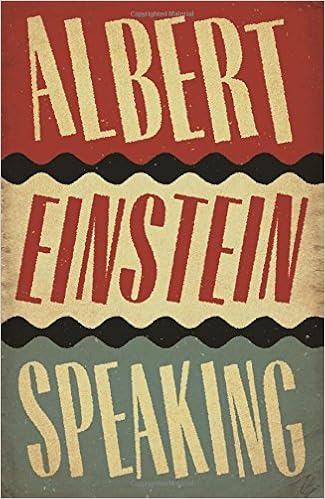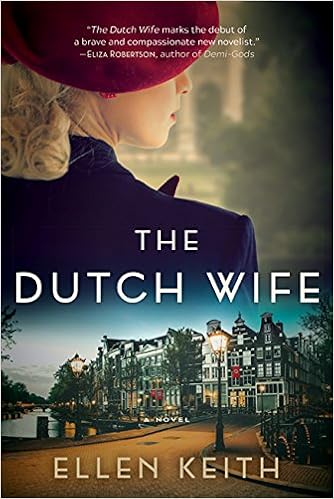 I let out a
long sigh of relief when I finished this book because it is so long and
tedious. I was shocked to learn that it
is “the abridged version of the original memoir” (405) which ran to over 600
pages! I guess I should be grateful my
book club chose this version!
I let out a
long sigh of relief when I finished this book because it is so long and
tedious. I was shocked to learn that it
is “the abridged version of the original memoir” (405) which ran to over 600
pages! I guess I should be grateful my
book club chose this version!
This memoir
by Jane Hawking is the story of her life with the world-famous physicist,
Stephen Hawking. She describes their
first encounters, their courtship, and their 25-year marriage. The focus is on her struggles to cope with
her husband’s increasing dependence as his body degenerated while
simultaneously meeting the needs of their three children. In a postlude, she briefly describes their
lives after their divorce.
The book
needs a thorough editing. There is too
much discussion of irrelevant material. For example, does the reader really need to
know that Jane “found many similarities between the kharjas and the cantigas de
amigo, which were possibly the result of Mozarabic migrations northward”
(200) or that Castilian villancicos are
full of medieval iconography symbolizing the multiplicity of the aspects of
love (236)? Why is a two-page biography
of Newton included (331-332)? In a
memoir, I don’t expect to read that “In the thirteenth century, Alfonso the
Wise of Castile expanded the role of Toledo as a major centre for translation”
(103). After a while, the impression is
that the author is trying to convince us of her erudition.
Then
there’s the needless repetition. How
often must we read about the difficulties she experienced trying to write her
thesis, the problems she had with Stephen’s nurses, the fatigue she suffered, the
thin veneer of normality they tried to maintain, or the innocence of her relationship
with Jonathan? With the latter, a quote
from Hamlet came to mind: "The lady doth protest too much,
methinks.” At times the book reads like
a series of lists: we get lists of
friends, lists of places where she and Stephen travelled for conferences, lists
of social functions she hosted, lists of concerts she attended, etc.
Undoubtedly,
Jane faced great challenges and deserves recognition for her role in Stephen’s
life. By caring for him and the family
as she did, she aided his advancement in his pursuits. By just describing what she did, she would
earn the reader’s respect and sympathy.
The problem is that instead of letting her story speak for itself, she
whines and complains. At times the book
seems one long complaint. Everything has
to come back to her. She is upset
because she didn’t receive gifts when Stephen received honours. She wants sympathy because she had the
shingles. She becomes so agitated when
people question her about Tim’s father after she has brought another man into
the household? This constant tone of
“Woe is me” makes her seem selfish and petty and draws attention away from her
unquestionable accomplishments.
What the
reader is not given in the book is a real understanding of the relationship
between Stephen and Jane. Listing her
responsibilities and Stephen’s accomplishments does little to show how the two
of them were together. Stephen does not
come across very positively: he was
intellectually arrogant; he was utterly absorbed in physics to the detriment of
his family; he needed to be the centre of attention; he was dismissive of
Jane’s interests; and he was uncommunicative.
As I’ve already stated, Jane comes across as whiny. At
the beginning, she describes herself as someone “who managed to see the funny
side of situations” and was “fairly shy, yet not averse to expressing . . .
opinions” (6), yet her sense of humour seems non-existent and one of her
problems is her self-effacement. She
also shows little self-awareness because she implies that she is a victim, that
this life just happened to her, whereas she made a choice to marry Stephen
knowing his diagnosis and the prognosis.
I’m left with a question: did she
marry Stephen because she loved him?
Theirs does not seem to be a great love affair. From the beginning, their relationship seems
detached, certainly not passionate. She
seems to stay with Stephen out of a sense of obligation, more than love.
The book
jacket mentions the author’s “candour” but I found her often evasive. For instance, when mentioning Stephen’s
nurse, who became his second wife, Jane says, “Probably with her he had found
someone tougher than me with whom he could again somehow have a physical
relationship” (378). So Jane and Stephen
were no longer intimate? Later, she says,
“Flames of vituperation, hatred, desire for revenge leapt at me from all sides,
scorching me to the quick with accusations” (379). All sides?
On the
topic of editing, I may come across as petty, but I must point out the careless
proofreading of the book: “they behaved
with caution and towed the party line”
(149) and “Irritatingly their gossip was as pervasive as the smoke from their
cigarettes, I and found myself compelled to listen” (170) and “Both her age and
her sex enabled her to avoid the some of the pressures” (226) and “In
conclusion the author looked forward to the time when mankind would able to
‘know the mind of God’” (289). And how
about sentences with seven prepositional phrases: “At Cern Stephen would be working on the
implications for the direction of the arrow of time of quantum theory and of
the observations from the particle accelerator (286-287). And what editor would allow the phrase “the
elderly Indian squaw” (91)?!
The reason
I tend to avoid memoirs is that they are inevitably one-sided. I prefer to get several perspectives since
the truth usually lies somewhere in the middle of each person’s version of
events. An article I read stated, “Jane
decided it was time to answer her critics with a final definitive description
of the marriage, purging the bitterness occasioned by the 'horrendously
painful' divorce that tainted the first book” (http://www.stuff.co.nz/entertainment/books/4627634/Hawkings-ex-writes-second-memoir). This begs the question: what bias taints this book? The film The
Theory of Everything was apparently based on this memoir, but the film is
not faithful to the book. Is the book
faithful to what really happened?
Anyone
looking for real insight into the relationship between Stephen Hawking and his
first wife will not find it here. The book
is a long and tiresome read; consequently, its effect is not to give the author
the respect and recognition she craves and probably deserves.




